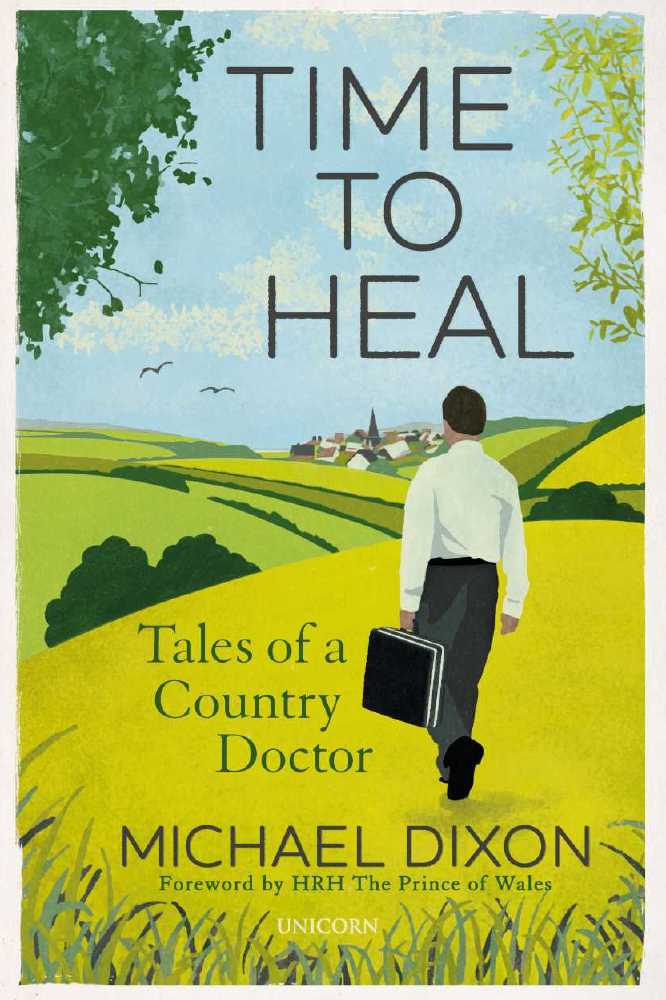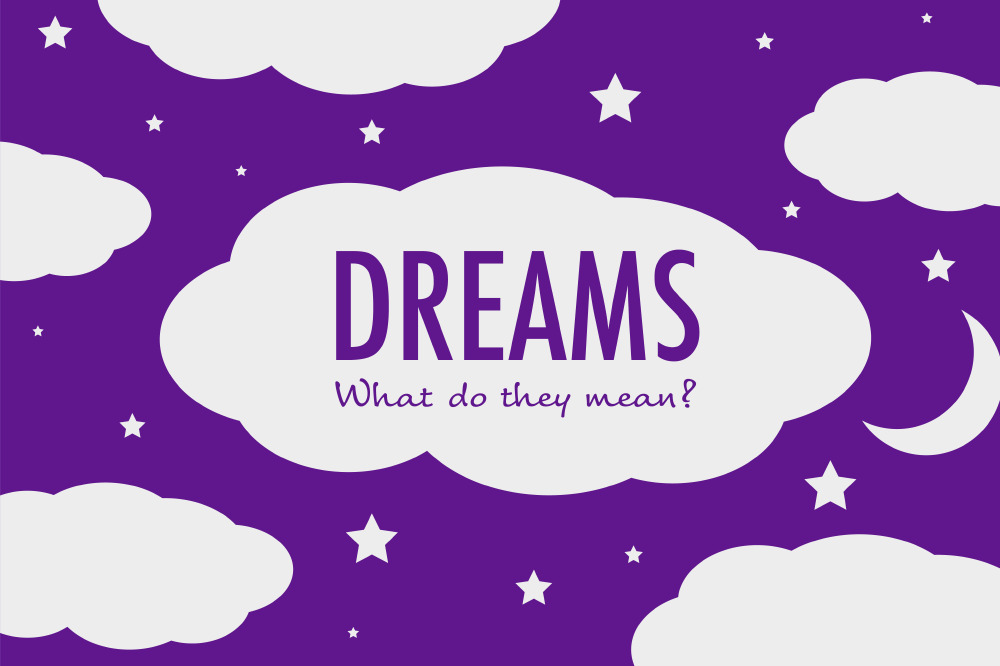General Practice has changed massively over the past forty or so years when it comes to its effectiveness and patient experience. A report from the World Health Organisation has shown that greater investment in general practice leads to better health, less deaths and a more cost effective health service. People that died in their 60’s when I started now live to their 80’s or 90’s. This is partly a factor of much greater investment in general practice during the first half of my career but also due to improved drugs and hospital procedures.

Time To Heal
In general practice we now have nurse led clinics for problems such as asthma and heart disease, which have greatly reduced deaths and enabled us to prevent the emergencies that were a large part of our work 30 or 40 years ago. Drugs such as statins for heart disease and a welter of new cancer drugs have increased life expectancy even though rates of diabetes, heart disease and cancer continue to increase. Hospital investigations and procedures have revolutionised the treatment of cancer and heart attacks, for instance.
Behind the scenes general practice has changed almost beyond imagination. The typical full time male GP with spouse answering the phones out of hours has been largely replaced by part time doctors – male and female – with other jobs and responsibilities. We no longer work evenings, out of hours and bank holidays but the working day itself is far longer and more intense. Autonomy, which was once a great attraction of general practice for young doctors, has been replaced by oppressive regulation – assessment by the Care Quality Commission, yearly appraisals, revalidation, guidelines and a welter of must dos coming from the centre. These , the computer and fear of litigation with the introduction of “no win/no fee” have led to much greater stress and pressure on doctors with a high rate of burn out.
RELATED: What does it mean to dream about a nurse?
A recent King’s Fund survey of young GPs showed that only a third would choose to be doctors if they had their time again. Those pressures may be part of the reason but another maybe the gradual disconnection between patient and doctor. In my early years as a GP patients would identify me as “their doctor” and the buck ended with me. There was a mutual investment of trust and often fondness. Today, increasingly few patients identify with a single GP and this loss of personal care and continuity is leading to less satisfied patients and doctors but also a less cost effective health service.
The future for general practice must be to capitalise on all the wonderful developments in physical medicine but also restore its human face and connections , which are particularly important for older patients, those with serious physical problems and in mental health. Virtual medicine, which increased dramatically during Covid will be excellent for the episodic treatment of individual symptoms but this will need to be supplemented by GPs being able to provide personal care and continuity for those patients that need and want it. At a time when life expectancy is no longer improving and long term disease is on the increase, it is time to restore the neglected role of family doctors and to give them an extended role in improving the health of the whole community.
RELATED: What does it mean to dream about a doctor?
When you dream about a doctor, it can symbolise something in your life that needs to heal. Perhaps there is something going on in your waking hours physically, spiritually or mentally that needs time to recover... to read more click HERE


